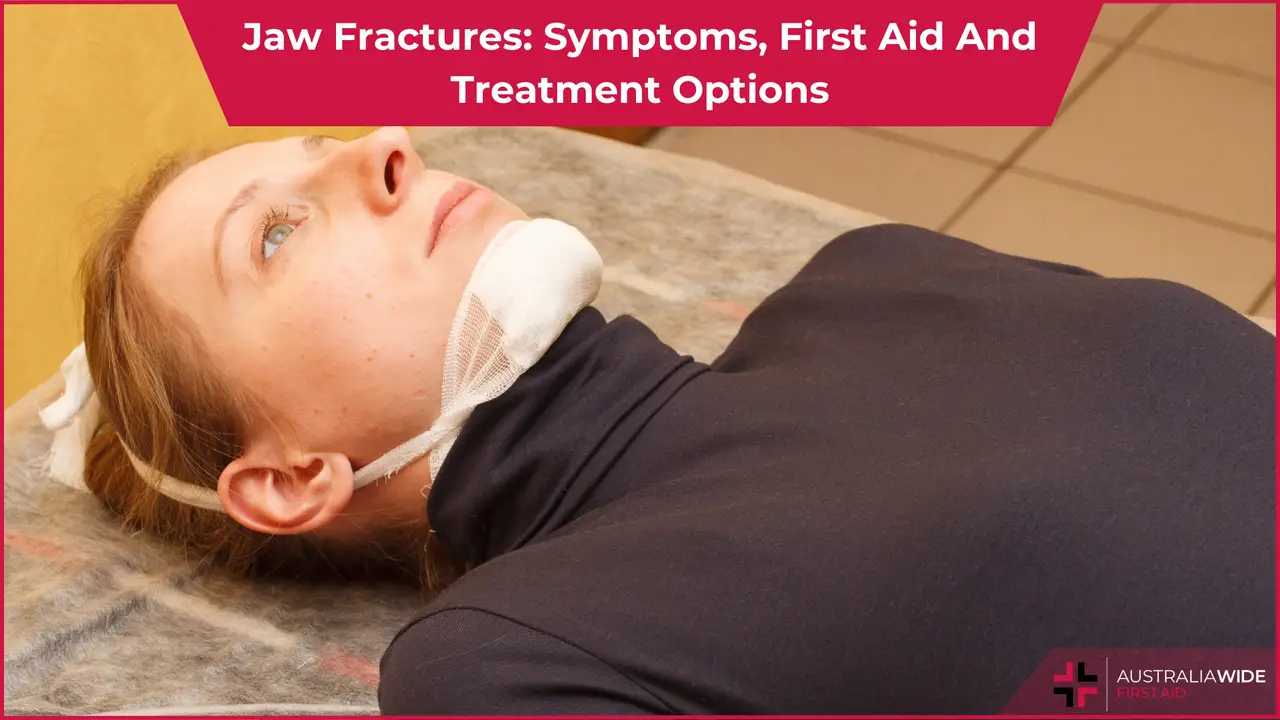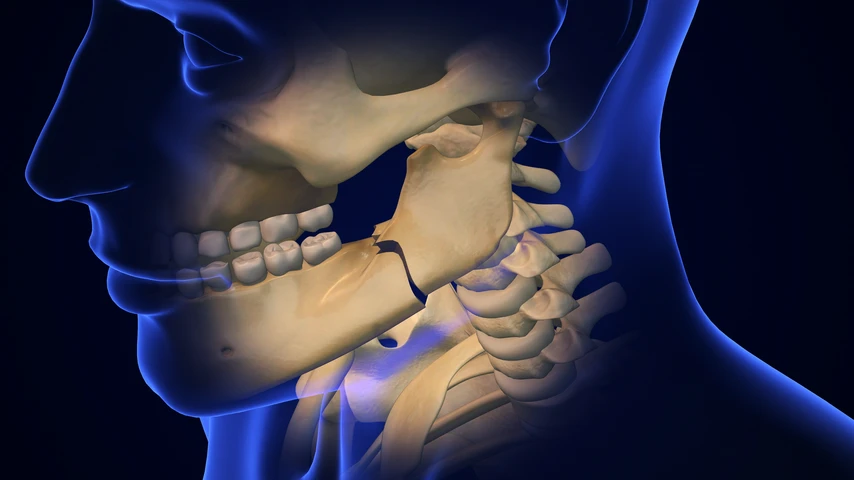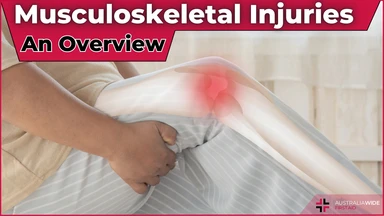Jaw Fractures: Symptoms, First Aid And Treatment Options


A jaw fracture is a break or crack in the jawbone. This type of injury can occur due to various reasons and may result in considerable pain and difficulty in performing everyday activities like eating and speaking.
Several factors can contribute to jaw fractures, with trauma being a primary cause.
Accidents, falls, sports injuries, and physical altercations are common scenarios leading to jaw fractures.
Motor vehicle accidents, in particular, can exert significant force on the jaw, causing fractures.
Additionally, certain medical conditions that weaken the bones, such as osteoporosis, can increase the risk of jaw fractures.
Jaw fractures can occur in different parts of the jawbone, leading to various types of fractures.
The two main categories are:
Maxillary Fractures: These involve the upper jaw and may affect the bones around the eye sockets, nose, and cheek.
Mandibular Fractures: These fractures occur in the lower jawbone and can vary in severity, ranging from a simple crack to a complete break.
Identifying the symptoms of a jaw fracture is crucial for early detection and appropriate medical intervention.
The following signs may indicate a potential jaw fracture:
Persistent Pain
The most common symptom is persistent pain in the jaw area. Pain may intensify when attempting to open or close the mouth, chew, or speak.
Swelling and Bruising
Swelling around the jaw joint is a typical symptom. Bruising may develop on the face, particularly around the jawline.
Limited Jaw Movement
Individuals with a jaw fracture may experience restricted movement of the jaw. Opening the mouth wide or moving the jaw from side to side can be particularly challenging and painful.
Malocclusion (Misalignment of the Teeth)
A noticeable change in the alignment of the teeth may occur. Malocclusion, or the misalignment of the upper and lower teeth when the mouth is closed, is a common symptom.
Painful or Difficulty in Chewing
Chewing becomes a painful activity for those with a jaw fracture. Some individuals may find it challenging to bite or chew due to the discomfort. Some fractures maybe associated with minimal pain and swelling, while more severe fractures can cause intense pain and significant functional impairment.
Prompt medical evaluation is crucial to accurately diagnose the fracture and determine the appropriate course of treatment based on the specific symptoms and their severity. If any of these symptoms are observed, seeking professional medical attention promptly is advised.

Immediate first aid for a suspected jaw fracture is crucial in minimizing pain and preventing further damage. Here's a step-by-step guide:
Stabilize the Jaw
Gently support the jaw using your hands to prevent unnecessary movement. If possible, use a bandage, cloth, or a scarf to tie the jaw closed, keeping it in a stable position.
Apply Cold Compress
Use a cold compress or ice pack wrapped in a cloth. Apply it to the affected area for 15-20 minutes to help reduce swelling and alleviate pain.
Pain Management
Over-the-counter pain relievers, such as acetaminophen or ibuprofen, can be taken to manage pain. Follow the recommended dosage and consult with a healthcare professional if unsure.
Seek Medical Assistance
Even if the initial first aid measures provide some relief, it's crucial to seek professional medical assistance promptly. Emergency services or a visit to the nearest emergency room should be arranged for a thorough examination and proper diagnosis.
The treatment of jaw fractures depends on factors such as the location, type, and severity of the fracture. Common treatment options include:
Immobilization
For less severe fractures, immobilization may be achieved through the use of braces or wiring. This helps keep the jaw in a stable position to promote healing.
Surgery
Severe fractures or fractures with significant displacement may require surgical intervention. Surgery aims to realign the fractured bones and secure them in the proper position using plates, screws, or wires.
Medication
Pain relievers and anti-inflammatory medications are often prescribed to manage pain and reduce swelling. Antibiotics may be given to prevent infection, especially in cases involving an open fracture where the bone has broken through the skin.
Dietary Modifications
During the initial stages of recovery, individuals may be advised to follow a soft or liquid diet to avoid placing excessive stress on the jaw.
Physical Therapy
Rehabilitation exercises may be recommended to restore normal jaw function gradually. These exercises help improve jaw mobility, strengthen surrounding muscles, and enhance overall recovery.
Follow-up Care
Regular follow-up appointments with a healthcare provider are essential to monitor the progress of healing. X-rays may be performed to assess bone alignment and ensure proper healing.
It's crucial to adhere to the prescribed treatment plan and follow medical advice diligently. Failure to seek timely and appropriate medical attention can lead to complications, including improper healing and long-term functional issues.
Individuals with a jaw fracture should communicate openly with their healthcare providers, reporting any new or worsening symptoms during the recovery process.

March 6, 2025
Falls are one of the most common causes of injury, particularly among children and older adults. Whether it’s a simple trip or a serious fall from height, knowing how to administer first aid can prevent further injury and, in some cases, save a life.

October 1, 2024
The musculoskeletal system is the foundation of human movement, support, and protection, playing a critical role in our ability to perform everyday tasks. Understanding the components and functions of the musculoskeletal system is essential for preventing injuries and managing conditions that may arise, particularly in workplaces where manual handling tasks are common.

August 28, 2024
A jaw fracture is a break or crack in the jawbone. This type of injury can occur due to various reasons and may result in considerable pain and difficulty in performing everyday activities like eating and speaking.